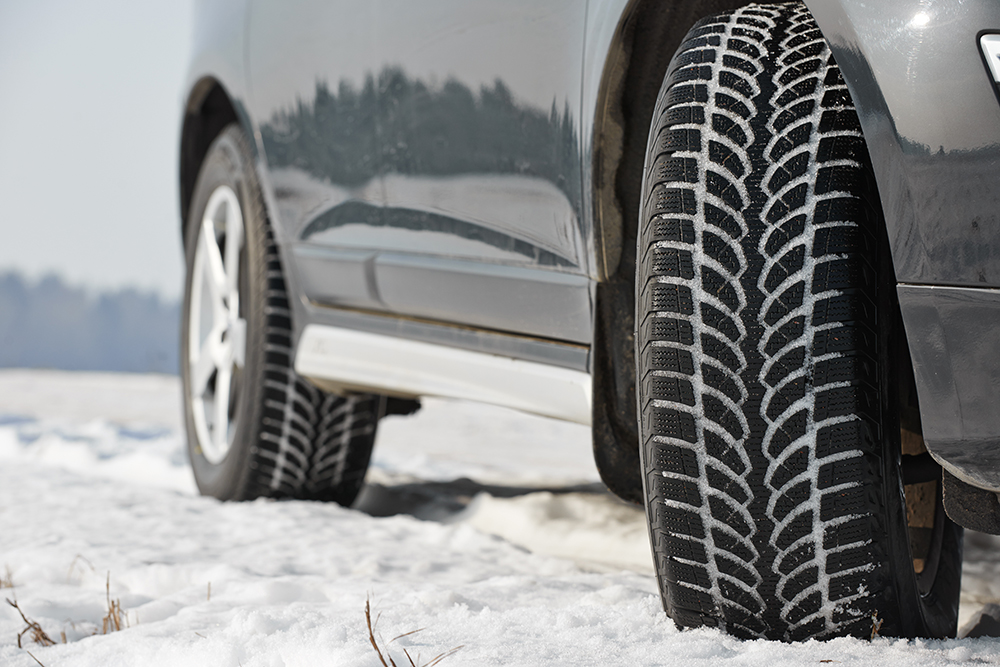Should You Use All Season Tires In The Snow?
Posted October 30th 2014
Back in the day, there were two types of tires. One type was meant for use in the summers only. On the other hand, the second type was meant for use during the winter. But then Goodyear introduced all season tires in 1977. Since then these tires have gained immense popularity. In fact, all brand new vehicles are equipped with these tires out of the dealership. Since these tires are called all season, most car owners believe them to be suitable for driving in the snow as well. But should you use all season tires in the snow?
Using All Season Tires Whole Year Round
Do keep in mind that using all season tires in the winter months is not an issue. After all, this is what these tires are meant for. These tires are sturdy enough to be used in the cold weather as well as the scorching heat. However, these tires have limitations and they cannot withstand being driven in the snow.
Why Should Snow Tires Be Used?
The main reason snow tires are preferred is because they have larger groves. Regular tires meant for all seasons have smaller groves which have a good grip on regular road. But when it comes to snow, these tires can lose traction. Moreover, these tires tend to get stiff in the winter months. This often causes them to parch and crack. This is a recipe for disaster as the tires can blow in certain situations and cause the vehicle to tip over.
Disadvantages of Using All Season Tires in the Snow
If you are using all season tires in the snow, you will have issue with the traction. As the vehicle struggles to maintain traction on the snow with these tires, your vehicle will consume more gas. Of course, there is always a safely concern as well since these tires do not have much grip in the snow.
Tires meant for all seasons should not be used in the snow. Not only do they pose a safety risk, they can also increase the fuel consumption of your vehicle.




